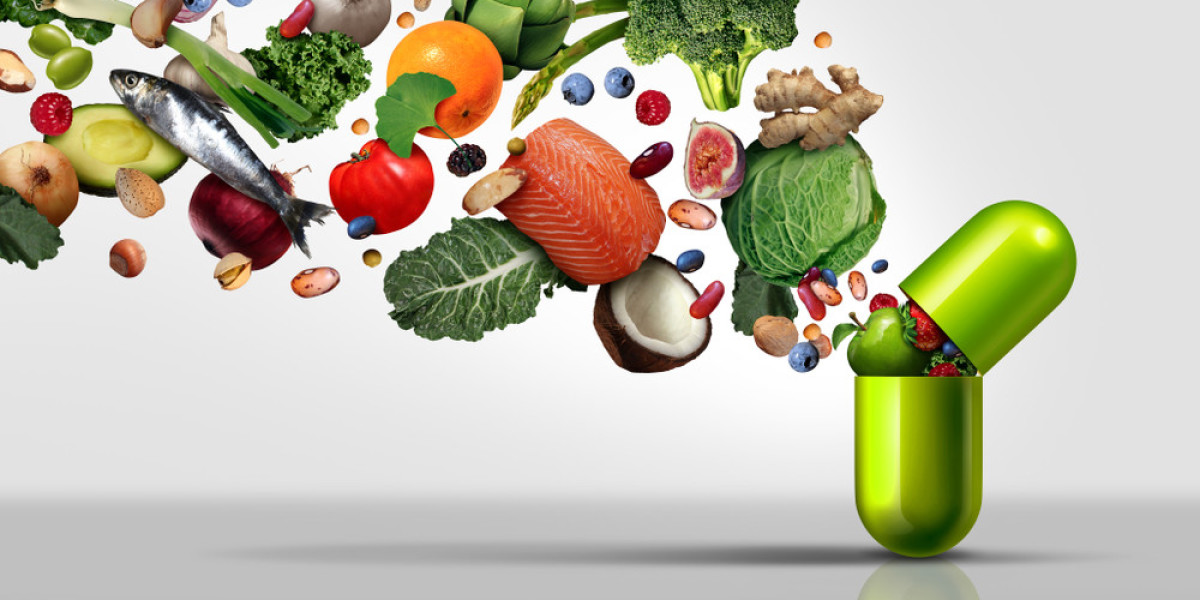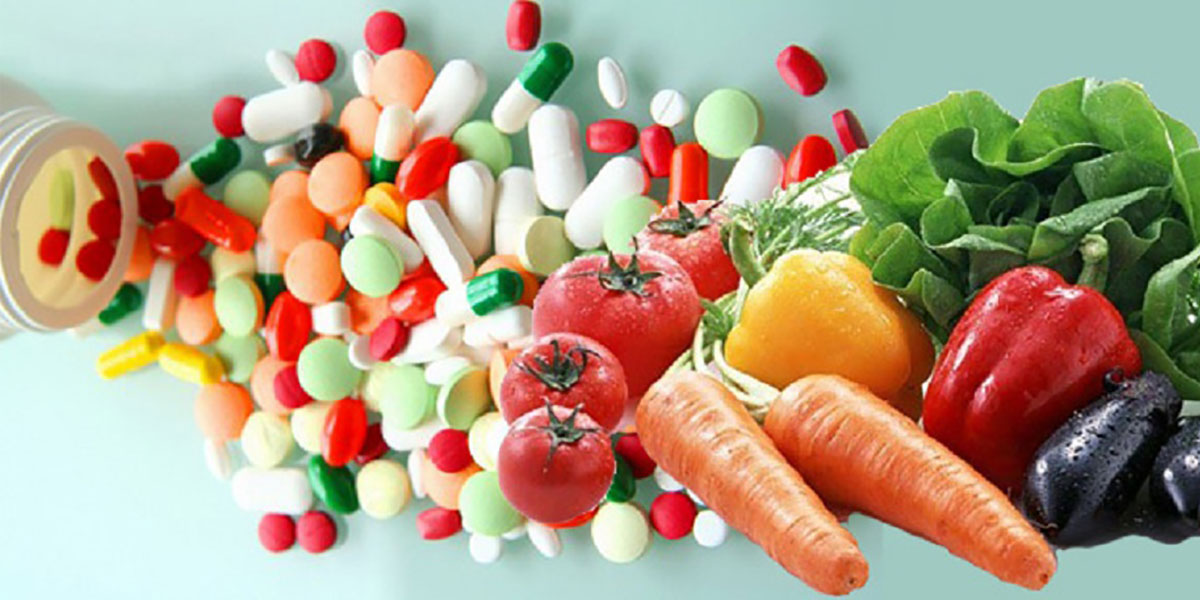- 2 June 2024
- 54
Unlocking the Potential: Exploring the Advantages and Disadvantages of Food Supplements

In today’s health-conscious society, the demand for food supplements is on the rise. These products promise to bridge the gap between what we consume and what our bodies need. However, like any health-related product, food supplements come with their own set of advantages and disadvantages. In this article, we delve into the intricacies of food supplements, exploring their benefits and drawbacks.

Advantages of Food Supplements
- Nutritional Boost: One of the primary advantages of food supplements is their ability to provide essential nutrients that may be lacking in our diets. For individuals with dietary restrictions or those with busy lifestyles, supplements offer a convenient way to ensure adequate nutrition.
- Targeted Support: Certain supplements are formulated to address specific health concerns. For example, calcium supplements can support bone health, while omega-3 fatty acids may benefit heart health. This targeted approach allows individuals to tailor their supplementation regimen according to their unique needs.
- Convenience: Unlike whole foods, which may require preparation and cooking, food supplements are typically quick and easy to consume. This convenience factor appeals to busy individuals who may not have the time to prepare nutritious meals every day.
- Long Shelf Life: Many food supplements have a long shelf life, making them a practical option for stocking up on essential nutrients. Unlike perishable foods, supplements can be stored for extended periods without spoiling, offering flexibility and convenience.
- Accessibility: Food supplements are widely available, both online and in brick-and-mortar stores. This accessibility ensures that individuals have access to a variety of products to meet their nutritional needs, regardless of their location.
Disadvantages of Food Supplements
- Lack of Regulation: One of the major disadvantages of food supplements is the lack of stringent regulation in some regions. This can lead to inconsistencies in product quality and safety, potentially putting consumers at risk.
- Potential for Overconsumption: While supplements are intended to complement a balanced diet, there is a risk of overconsumption, especially when individuals rely solely on supplements for their nutritional needs. Excessive intake of certain nutrients can have adverse effects on health.
- Nutrient Interactions: Taking multiple supplements simultaneously can lead to interactions between nutrients, potentially affecting their absorption and effectiveness. It’s essential to consult with a healthcare professional before starting any new supplementation regimen, especially if you’re already taking medication or other supplements.
- Expense: Quality food supplements can be costly, particularly if you require multiple products to address various nutritional needs. This expense may be prohibitive for some individuals, especially those on a tight budget.
- Not a Substitute for Whole Foods: Despite their convenience, food supplements should not be viewed as a substitute for whole foods. Whole foods contain a complex array of nutrients and phytochemicals that cannot be replicated by supplements alone. It’s essential to prioritize a balanced diet rich in fruits, vegetables, whole grains, and lean proteins.
FAQs About Food Supplements
Q: Are food supplements safe to consume? A: In general, food supplements can be safe when used as directed. However, it’s crucial to choose reputable brands and consult with a healthcare professional before starting any new supplementation regimen.
Q: Can food supplements help me lose weight? A: While some supplements claim to aid in weight loss, there is limited scientific evidence to support their effectiveness. A balanced diet and regular exercise remain the cornerstone of healthy weight management.
Q: Is it possible to overdose on food supplements? A: Yes, it is possible to overdose on certain nutrients, particularly fat-soluble vitamins like A, D, E, and K. It’s essential to follow the recommended dosage guidelines and avoid excessive supplementation.

Conclusion
Food supplements can be valuable tools for supporting overall health and well-being. However, it’s essential to approach supplementation with caution, ensuring that you’re choosing high-quality products and using them as part of a balanced diet. By weighing the advantages and disadvantages of food supplements carefully, you can make informed decisions about incorporating them into your lifestyle.

